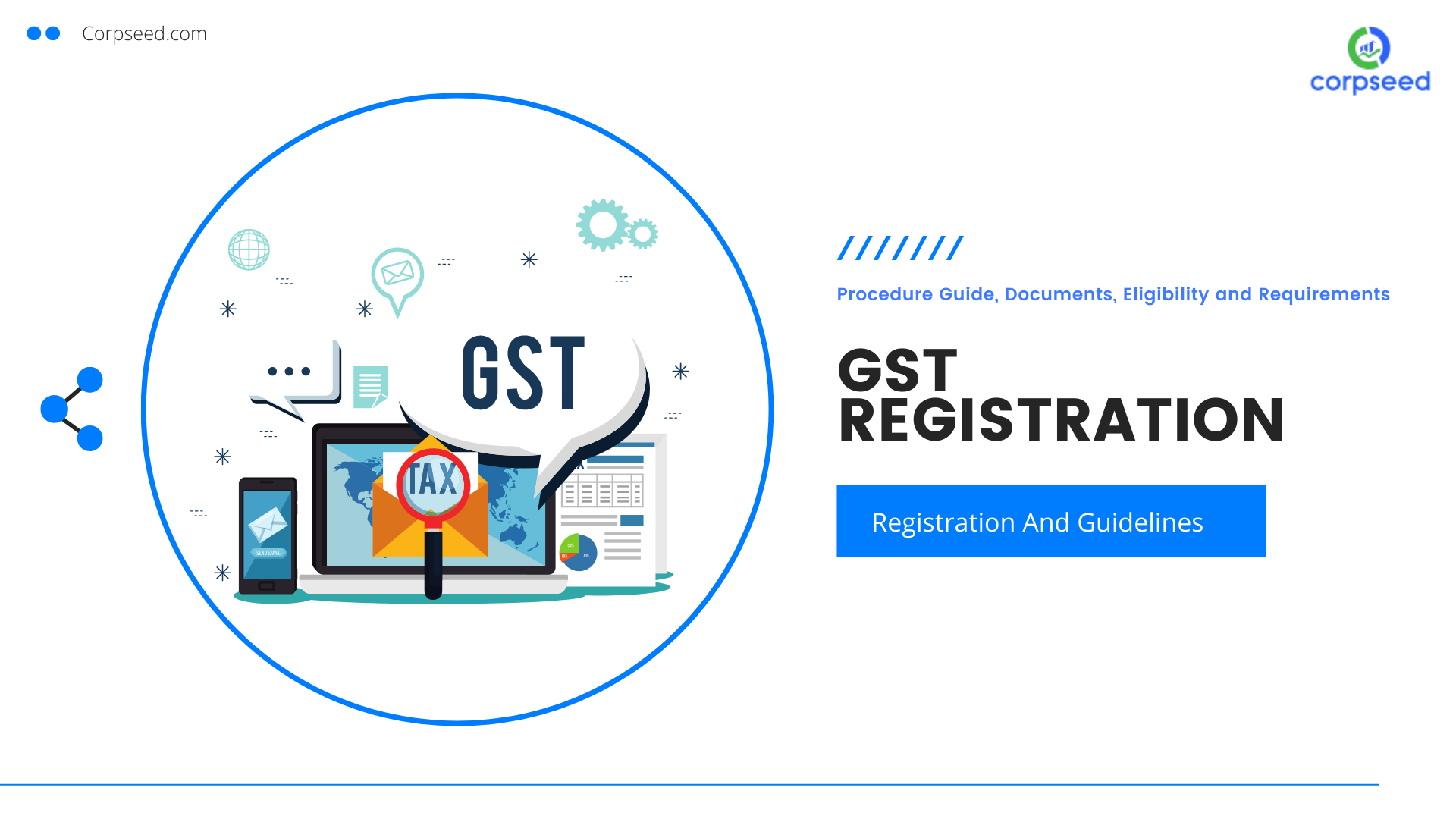Discover Why CFO Account & Services is Your Ideal Selection for GST Registration in Singapore
Discover Why CFO Account & Services is Your Ideal Selection for GST Registration in Singapore
Blog Article
Browsing the Intricacies of GST Enrollment: A Comprehensive Overview for Entrpreneurs
Navigating the complexities of GST registration can be a difficult task for many entrepreneur, as it involves a myriad of policies, regulations, and processes that must be stuck to. With the ever-evolving landscape of tax legislations, guaranteeing conformity and comprehending the intricacies of GST enrollment is critical for the seamless procedure of any kind of business. From figuring out eligibility and gathering the needed documents to optimizing procedures for maximum performance, this comprehensive overview intends to offer local business owner with the expertise and tools required to navigate the complexities of GST registration efficiently.
Qualification for GST Enrollment
Entrepreneur have to satisfy details criteria to identify their qualification for GST registration. Generally, businesses with an annual turn over going beyond a particular threshold are required to register for Product and Solutions Tax (GST) This threshold varies by country, yet it is vital for business owners to remain informed concerning the certain regulations in their territory. Furthermore, businesses included in interstate products, e-commerce, or the arrangement of specific specified goods and solutions might additionally be mandated to register for GST, regardless of their turn over.
Additionally, organizations that are signed up under any previous tax program, such as VAT or solution tax, are normally required to shift to GST registration. Recognizing these requirements is important for entrepreneur to make certain compliance with the legislation and stay clear of any kind of charges or legal problems. It is recommended for business owners to seek advice from with tax obligation specialists or legal experts to examine their eligibility for GST enrollment accurately. By adhering to the needed standards, companies can smoothly browse the intricacies of GST registration and run legally within the tax obligation framework.
Papers Required for Registration
To finish the GST registration procedure, organizations require to collect and send a thorough collection of papers. The crucial records needed for GST registration commonly include proof of service enrollment or unification such as the Certification of Consolidation, partnership act, or any kind of other registration certificate. In addition, companies need to offer identification and address evidence of the marketers or partners, which can be in the type of Aadhar card, PAN key, card, or motorist's license. Financial records such as financial institution declarations, evidence of area of company like rental contract or electrical energy expense, and licensed signatory details are additionally vital for the registration process.
Additionally, certain documents associated to the nature of business, such as a checklist of services or products provided, HSN codes for goods, and cavity codes for solutions, may be required - Why choose CFO Account & Services for GST registration in Singapore. It is important for companies to make certain that all files submitted are exact, updated, and in the recommended style to prevent any kind of delays or problems in the GST registration procedure
Refine of GST Enrollment
Having constructed the requisite paperwork, businesses continue to start the GST registration procedure by involving with the on-line portal designated for registration. This on the internet website is the Goods and Provider Tax Network (GSTN) website, which offers as the primary platform for all GST-related tasks in India. Upon accessing the site, check services are needed to submit the GST enrollment type with precise information concerning their business tasks, turn over, and various other pertinent information.
When the form is finished and submitted on the website, the GSTN validates the details provided by the company. Following effective confirmation, a GST enrollment certificate is issued to the organization entity.
It is necessary for companies to make certain that the information given during the GST registration process is accurate and as much as date to avoid any potential issues or hold-ups in obtaining the GST registration certification.
Recognizing GST Conformity

Organizations need to be familiar with the numerous GST compliance needs based on their turnover, nature of services or products, and the states in which they operate. It is important to stay updated on any adjustments in GST laws and guidelines to prevent any kind of non-compliance issues.
Non-compliance with GST laws can result in substantial fines, penalties, and even legal consequences. Companies must invest time and resources in informing themselves and their article source team on GST conformity. Looking for specialist support from tax obligation consultants or specialists can also assist in browsing the intricacies of GST compliance and making sure that businesses run within the lawful structure.

Tips for Optimizing Business Workflow
For enhanced performance and performance in service procedures, tactical planning and streamlined procedures are essential elements. One pointer for maximizing organization operations is to leverage innovation successfully.
Another crucial aspect is focusing on jobs based on their relevance and deadlines. By developing a clear pecking order of jobs and setting practical timelines, companies can make sure that important tasks are completed in a timely manner. Fostering a culture of open interaction and cooperation amongst group members can lead to enhanced effectiveness and technology.

Final Thought
To conclude, navigating the complexities of GST registration calls for a clear understanding of eligibility criteria, needed documents, registration procedures, and compliance requirements. By adhering to these standards and optimizing organization operations, local business owner can ensure smooth procedures and conformity with the GST regulations. It is important for businesses to stay educated and upgraded on GST regulations to avoid any charges or lawful concerns.
The essential records required for GST registration generally include proof of organization enrollment or incorporation such as the Certification of Consolidation, collaboration act, or any other registration certification.Having actually constructed the requisite documents, companies continue to launch the GST enrollment procedure by engaging with the online site marked for enrollment. Upon accessing the portal, services are required to load out the GST registration form with accurate information regarding their company activities, turnover, and various other pertinent information.
In order to preserve adherence to GST laws and stay clear of penalties, services must prioritize comprehending GST conformity. By sticking to these guidelines and optimizing service operations, business owners can make sure smooth operations and compliance with the GST laws.
Report this page